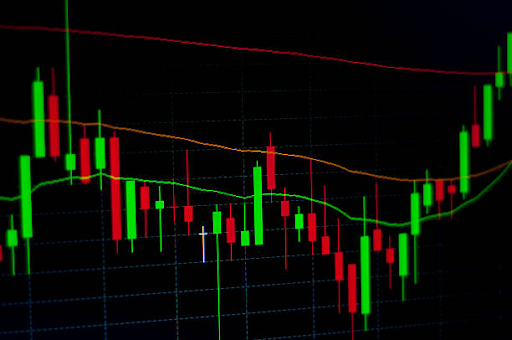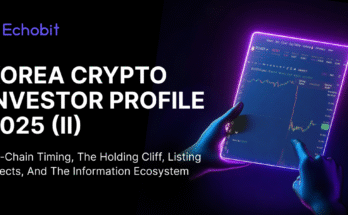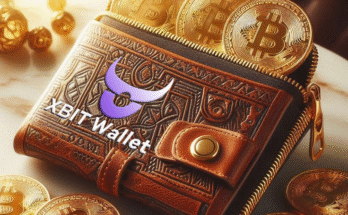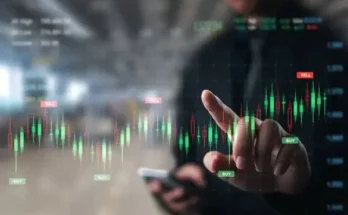Forex trading is often sold as a shortcut to wealth. Charts, currencies, a little leverage, and boom, you’re supposedly one trade away from financial freedom.
But let’s get real.
Behind the glowing testimonials and aggressive marketing lies a market that’s fast, brutal, and unforgiving to anyone who walks in without knowing what they’re doing. The forex world doesn’t care how excited you are. It doesn’t reward enthusiasm. It rewards discipline, strategy, and precision.
If you don’t have those, forex trading isn’t just risky, it’s dangerous.
Let’s break it down.
The Illusion of “Easy Money”
The forex market moves over $7 trillion a day. That fact alone gets thrown around like a trophy. But here’s the thing: just because it’s big doesn’t mean it’s beatable.
New traders see volatility and think opportunity. What they often miss is that every sharp movement is a test, and if you’re not ready, the market will eat you alive.
It’s easy to click “buy” or “sell.” What’s not easy is knowing why, when, and how long to stay in a position. Without that knowledge, you’re not trading, you’re gambling. And in the forex world, gamblers don’t last long.
Leverage: The Double-Edged Sword
Ah, leverage. The siren song of forex platforms.
“Trade $1,000 with just $10!” they say. Sounds exciting, right? But let’s reframe that: if the market moves even slightly against you, you could lose everything in seconds. That’s not an exaggeration. One bad decision, and your account’s gone before your coffee cools.
Leverage amplifies gains, yes, but it explodes losses too. It’s not a tool for beginners. It’s dynamite. And if you’re not trained to handle it, you’re basically holding a lit fuse with a blindfold on.
Emotional Trading: The Silent Killer
Every new trader thinks they’ll stay calm under pressure. Then they lose their first trade.
The panic sets in. They try to “win it back.” They double down. Then they lose again. What started as a strategy becomes a spiral. And before they realize it, they’re chasing losses, ignoring risk, and making decisions out of fear, not logic.
Forex isn’t just a numbers game, it’s psychological warfare. And most people walk in with no armor at all.
Chart Illiteracy
Let’s be blunt: if you can’t read a chart, you shouldn’t be trading forex.
You don’t need to be an expert in technical analysis, but if candlesticks, resistance levels, and RSI look like hieroglyphs to you, stop. Learn first. Trade later.
Platforms like Quotex understand this. They don’t just offer tools, they offer clarity. Simple interfaces, easy-to-read data, and a clean structure that helps you learn as you go instead of overwhelming you with noise. But even the best tools are useless if you don’t know how to use them.
Demo Mode Isn’t Optional, It’s Survival
One of the most overlooked features of any serious platform is the demo account. It’s not just a sandbox, it’s a rehearsal.
Think of it this way: you wouldn’t perform surgery after reading a textbook, right? Then why trade real money without practicing first?
Quotex offers a full demo environment with live data and zero risk. If you’re not using that to test strategies, refine timing, and understand your emotional triggers… you’re doing it wrong.
Seriously, learn without the pressure first. Your future trades will thank you.
Real Risk, Real Reward, But Only If You’re Ready
Let’s not paint forex as a monster. It is possible to make money. It is possible to grow steadily and profit consistently. But only if you treat it like a profession, not a game.
The danger isn’t the market itself, it’s underestimating it.
Success in forex comes from patience, skill, and experience. You have to learn the patterns, test your methods, and most importantly, control your impulses. This isn’t luck-based. It’s craft.
Trade Smarter, Not Harder, with Quotex
If you’re going to step into the forex world, do it with your eyes open and your tools sharp.
Quotex gives you the environment to grow, the features to act decisively, and the flexibility to find your edge, without getting lost in hype.
Don’t start by risking your money. Start by learning how not to lose it.




